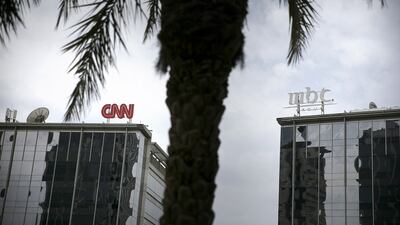ABU DHABI // The National Media Council confirmed in 2009 that the new media laws it was developing would not apply in free zones, including Abu Dhabi’s twofour54, Dubai Media City and RAK Media City.
But the 2009 law was not enacted and, in 2010, the NMC issued a decree that confirmed that the 1980 Press and Publications Law applied to all media in the UAE, including those in free zones.
The free zones also have their own initiatives to regulate content. At twofour54, officials have developed a content code, which the Media Zone Authority states is required because “it is important that [the] media acts responsibly”.
It says freedom of opinion and expression “shall be guaranteed within the limits of the law”, and includes “a duty to take account of cultural and social expectations”.
Content should not criticise leadership in the region, disparage religion, foment religious or ethnic hatred or invade a person’s privacy without justification.
The Dubai Technology and Media Free Zone Authority has set up a broadcast and publishing standards tribunal to create “an environment that guarantees freedom of expression for media companies” at Dubai Media City.
In Abu Dhabi and Dubai, content does not have to be approved before its release.
newsdesk@thenational.ae


